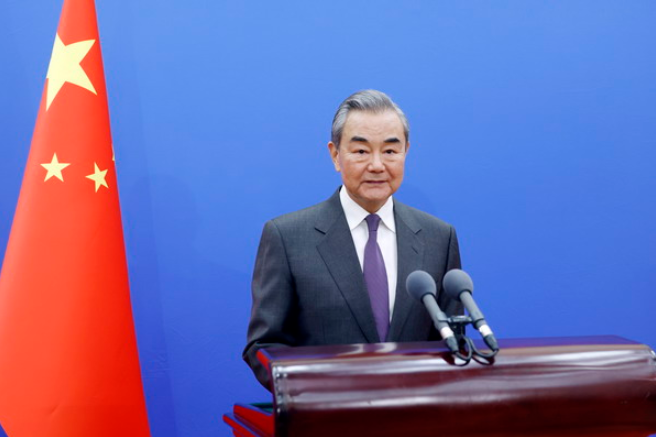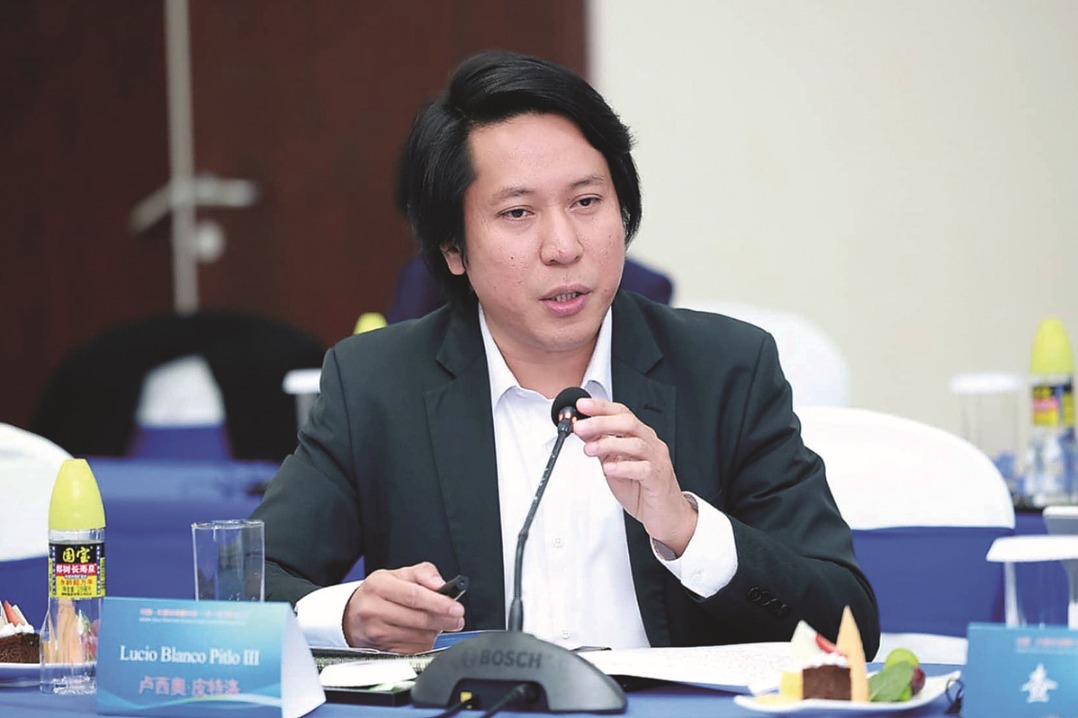Business seen as key ally in green push


Private enterprises can play a key role in leading the green transformation in the Asia-Pacific region, with more support needed to take care of the financial needs of smaller businesses, a forum has heard.
While governments play an important part in the region's green transformation, businesses are still critical stakeholders, with power and resources to make a difference, said Tientip Subhanij, chief of investment and enterprise development at the Economic and Social Commission for Asia and the Pacific, or ESCAP.
Speaking in Hong Kong on the first day of the Sustainable Investing and ESG Conference on Thursday, Subhanij said many businesses have highly complicated supply chains that comprise an extensive network of small and medium-sized enterprises, with small and medium-sized companies accounting for more than 95 percent of all companies in the Asia-Pacific.
Organized by ESCAP and the World Green Organisation and held in both online and offline formats, the two-day conference was held under the theme "Asia-Pacific green deal for business". The Green Deal for Business, the first of its kind in Asia, is an initiative of the ESCAP Sustainable Business Network, which advocates for business leadership in implementing the United Nations 2030 Agenda for Sustainable Development.
Finance remains a main barrier to businesses, especially SMEs, Subhanij said.
Citing data from the International Finance Corporation, she said 65 million companies, or 40 percent of micro, small and medium businesses in developing countries, have an unmet financing need of $5.2 trillion every year, and the Asia-Pacific has the world's most significant funding deficit, accounting for more than half of the global financing shortfall.
Critical moment
"It now comes to a very critical moment for ESG consolidation and alignment," said William Yu, founder and chief executive officer of the World Green Organisation, referring to the concept of environmental, social and governance.
Carbon trading is important to Hong Kong and the world to mobilize all the efforts to combat climate change, cutting carbon emissions through the financial incentive and trading mechanisms, Yu said.
Albert Ip, chairman of the World Green Organisation and senior adviser to the president at Hong Kong University of Science and Technology, said more than 400 offices have joined the World Green Organisation's green office program. The program will be expanded to the Guangdong-Hong Kong-Macao Greater Bay Area to support more offices to improve workplace sustainability in the Greater Bay Area's 11 cities in South China.
Noting there is accelerating demand for green finance globally, Joseph Chan Ho-lim, Hong Kong's undersecretary for Financial Services and the Treasury, said the government is working to develop the city, an international financial center, into a regional hub for green and sustainable finance.
The government will invest another HK$240 billion ($30.8 billion) to support a series of actions to combat climate change in the next 15 to 20 years, Chan said.
George Lam, chair of the ESCAP Sustainable Business Network, said many solutions and a lot of collaboration are needed to tackle the problem of plastics in the sea.
Tim Lui, chairman of the Hong Kong's Securities and Futures Commission, said the commission is working to promote sustainability in the financial market.
Noting the promising outlook for the Chinese mainland's carbon market, Lui said Hong Kong can play a strategic role as a financial and risk management center.
Albert Oung, founder and president of the World Green Organisation and chair of the ESCAP Sustainable Business Network's Green Economy Task Force, said in advancing green transformation it is not the technologies that are lacking, but the higher purpose that needs to be applied to businesses.
































